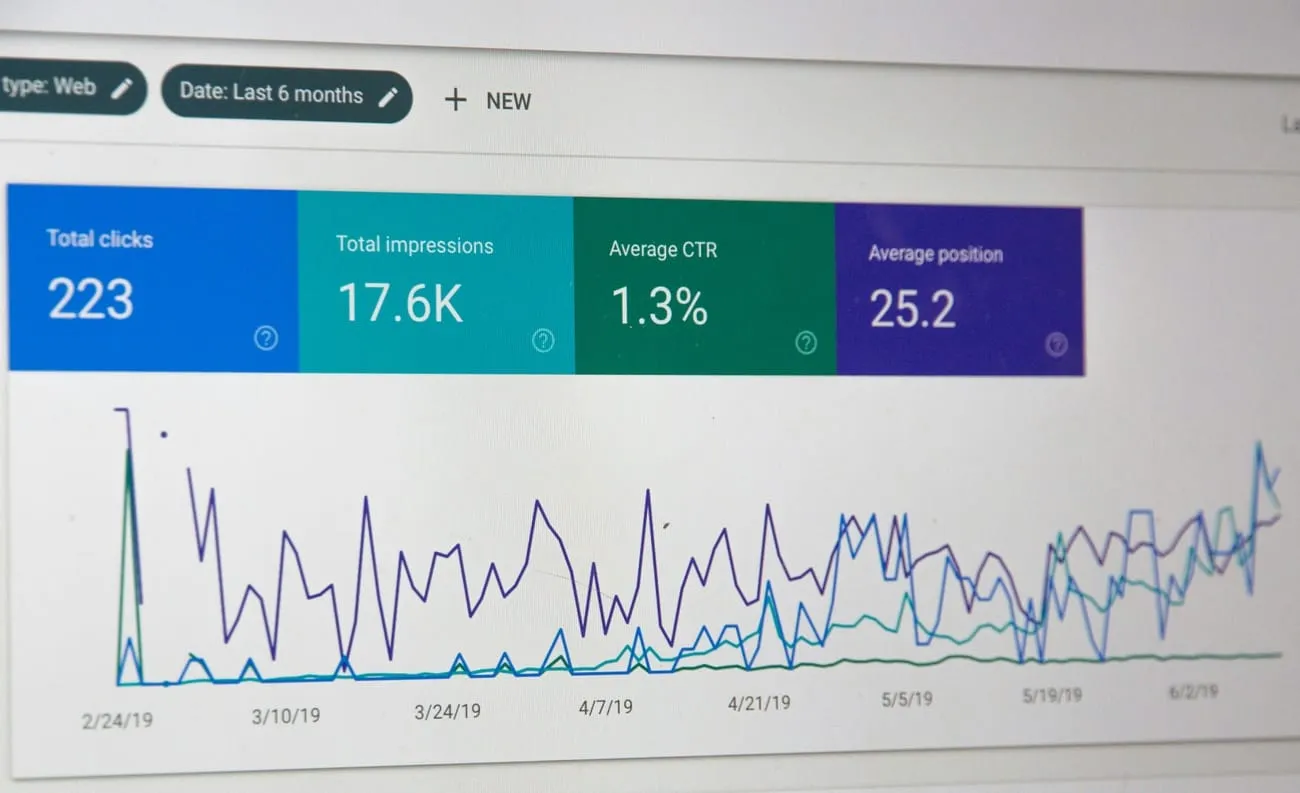How Much Does it Cost to Register a Company in Australia?

Company registration in Australia can cost a significant amount of money. It entails forming a corporation as its legal entity, allowing you to conduct business within Australia.
It can be difficult to transition your company from a great idea to a formalised business entity.
It’s critical to understand the initial costs of starting a business. Otherwise, you can risk getting caught off guard by unexpected costs at the crucial start-up stage of your business before it has even begun to grow.
So, how much does it cost to establish a company in Australia? In this article, we'll look at the various factors you should think about to have the best chance of success.
How to Register a Company
Company registration in Australia can be completed by anyone. You must, however, have at least one director who is based in Australia. The company's registered office also needs to have a physical Australian address.
If none of the directors are legally permitted to work in Australia, you may be able to register a company but not trade. On the other hand, if you are unsure, don't take a risk that could derail your plans. We advise you to seek professional advice from an accountant or a lawyer.
A company is a legal entity with its own set of legal responsibilities. If you've decided that a company structure is best for your business, you must incorporate it.
It's critical to understand that when you set up a business, you're creating a separate entity from yourself. Your business is a form of commercial enterprise. This means that your corporation's legal, financial, and record-keeping duties will be distinct from those of other business structures. As a result, you must comprehend the stakes.
Choose your company name
You can choose a name for your business at the time of registration, though it is not required. You have the following choices:
- a company name you've chosen for your new venture
- Once issued, your Australian Company Number (ACN)
- a name you've already registered with the Australian Securities and Investment Commission (ASIC).
If you choose to use a company name, it must reflect the company's legal standing. "The Next Big Thing Pty Ltd," for example. It's worth noting that you can only choose a company name that isn't already used by another firm or used as a business name.
How Will Your Company Operate?
You must decide how your company will be governed before registering. Your business could be controlled by:
- Replaceable rules: The Corporations Act contains replaceable rules, which are a basic set of rules for managing your company. If the company does not want to have a constitution, replaceable rules can be used. It also eliminates the cost of maintaining your written constitution up to date as laws change.
- Its constitution or legal framework: A written constitution can be used instead of replaceable rules in a business. Companies must keep a copy of their constitution on file with their records.
- A shared structure: A proprietary company must have fewer than 50 non-employee shareholders and be limited by shares, or it might be an unlimited firm with share capital. A private corporation is not permitted to engage in any activity that requires investor disclosure. They may only sell shares to company members, employees, or subsidiaries.
Understand Your Legal Obligations
If you are a company officer, you must follow the requirements of the Corporations Act. This includes fulfilling your legal obligations, which include the following:
- ensuring that company information is kept up to date
- keeping company records and information on file
- paying the appropriate lodgement fees and annual review fees
It is ultimately the responsibility of the officeholders to ensure that the Corporations Act is followed by their company. Company directors are required by law to apply for a director identity number (director ID). Once you have a director ID, it will always be unique to you.
What Is the Cost to Register a Company?
The cost of registering a business can range from $422 to $3,029, depending on the type of business setup required. Here are your choices:
- An Australian business (Pt 2A.1) with a share capital. ($512)
- A company in Australia (Pt 2A.1) does not have any share capital. ($422)
- Under Pt 5B.1, an Australian company is formed by a body corporate that is already registered as a foreign company under Pt 5B.2 Div 2. ($422)
- Pt 5B.1 defines an Australian company as a body corporate that is not registered under the Corporations Act 2001. ($512)
- A registered Australian body by a body incorporated or registered under an association incorporation law. ($422)
- A registered Australian body by a registered Australian body under another Australian law. ($512)
- A managed investment plan ($3,029)
Do company registrations need to be renewed?
If you have registered your business name, you will need to renew it either annually or every three years. The Australian Securities and Investments Commission (ASIC) will send you a renewal notice 30 days before the renewal date.
We recommend using ASIC's 'Pay now' service to renew your business name quickly and easily. They will send you an email reminder 30 days before your renewal is due.
You can also log in to your ASIC Connect account and complete the renewal process. If you need to renew your business name but haven't received a record of registration, please contact ASIC.
Conclusion
We hope you have found this mini guide on how to register a new company in Australia helpful. Registering your business improves its reputation and perception. A company is its entity that operates independently of you. ASIC will hold you accountable, and you'll be assigned an Australian Company Number (ACN).
It's also a good idea to register your firm in case you have any future dealings with third parties. This is because many businesses will only recruit or engage with registered businesses. This means that instead of your name, your company's name will show on your business documents.
For more information or if you have any questions, please visit us here.


